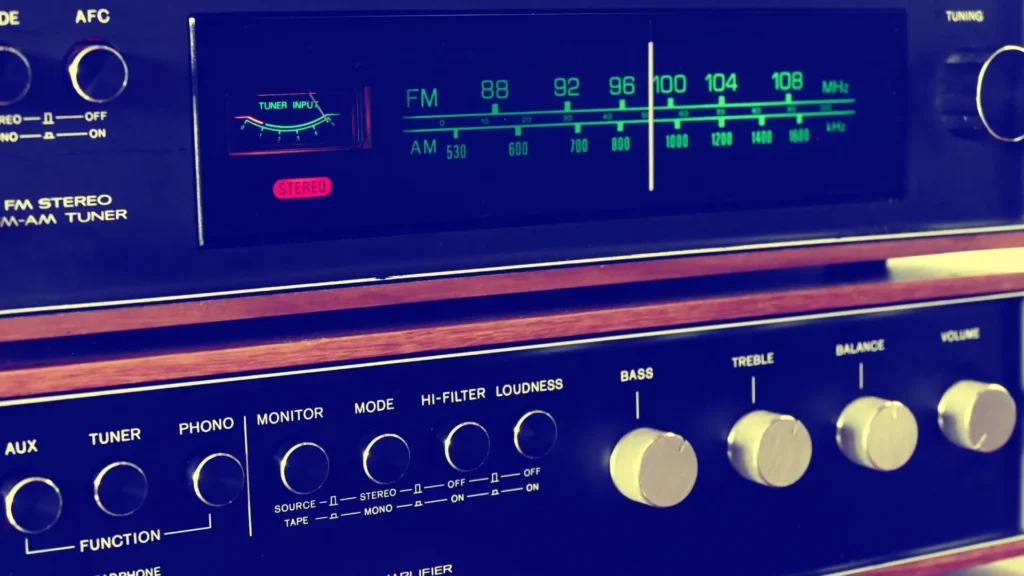Radio Producer Career
Being a radio producer is an exciting and fulfilling career choice for those who have a passion for audio production and storytelling. As a radio producer, you have the opportunity to create engaging content, work with talented individuals, and connect with an audience through the power of sound. Whether you’re interested in producing music shows, talk radio programs or podcasts, this guide will provide you with valuable insights and steps to help you become a successful radio producer.
Step 1: Gain a Strong Foundation in Audio Production
To become a radio producer, it’s essential to have a solid understanding of audio production techniques. Familiarize yourself with industry-standard software like Pro Tools, Adobe Audition, or Logic Pro. Take the time to learn about recording, editing, mixing, and mastering audio. There are various resources available online, including tutorials and courses, which can help you develop your skills in audio production.
Step 2: Obtain a Relevant Degree or Certification
While a formal education is not always required to become a radio producer, having a degree or certification can greatly enhance your chances of landing a job in the industry. Consider pursuing a degree in Broadcasting, Communications, Journalism, or a related field. Several universities and colleges offer programs specifically tailored to radio production. For example, New York University (NYU) offers a comprehensive program through its Tisch School of the Arts, which focuses on radio and audio production.
Step 3: Build a Diverse Portfolio
Building a strong portfolio is crucial in showcasing your skills and attracting potential employers. Take every opportunity to gain practical experience by interning at radio stations, volunteering for community radio programs, or producing your own podcasts. You can even create a personal website or online platform to showcase your work. Include a variety of projects in your portfolio to demonstrate your versatility as a radio producer.
Step 4: Network with Industry Professionals
Networking plays a significant role in the entertainment industry, including radio production. Attend industry events, conferences, and workshops to meet professionals in the field. Join professional organizations or online communities where you can connect with like-minded individuals and potential mentors. Networking can lead to valuable connections and opportunities in the radio industry.
Step 5: Continuously Educate Yourself
The radio industry is constantly evolving, with new technologies and trends emerging regularly. Stay up-to-date with the latest advancements in audio production and radio broadcasting. Attend workshops, webinars, or conferences to learn from industry experts. Additionally, consider taking online courses specifically designed for radio producers, such as those offered by Yellowbrick. These courses provide valuable insights and practical knowledge that can further enhance your skills and expertise.
Becoming a successful radio producer requires a combination of technical skills, practical experience, and networking. By gaining a strong foundation in audio production, obtaining relevant education or certification, building a diverse portfolio, networking with industry professionals, and continuously educating yourself, you can pave the way for a rewarding career in radio production.
Embrace the challenges and opportunities that come your way, and always strive to create compelling and engaging content that resonates with your audience.
Key Takeaways:
- Gain a strong foundation in audio production by familiarizing yourself with industry-standard software and learning about recording, editing, mixing, and mastering audio.
- Consider pursuing a relevant degree or certification in Broadcasting, Communications, Journalism, or a related field to enhance your job prospects in radio production.
- Build a diverse portfolio that showcases your skills and versatility as a radio producer, including internships, volunteer work, and personal projects.
- Network with industry professionals by attending events, conferences, and joining online communities to create valuable connections and opportunities.
- Stay up-to-date with the latest advancements in audio production and radio broadcasting through workshops, webinars, and conferences.
- Consider taking online courses specifically designed for radio producers, such as those offered by Yellowbrick, to further enhance your skills and knowledge.
To further expand your expertise and gain a comprehensive understanding of the business side of the entertainment industry, including radio production, we recommend considering the NYU Business of Entertainment online course and certificate program. This program, offered by New York University (NYU), can provide you with valuable insights into the industry’s dynamics, strategies, and best practices. By combining technical skills with business acumen, you’ll be better equipped to navigate the ever-evolving world of radio production and excel in your career.








